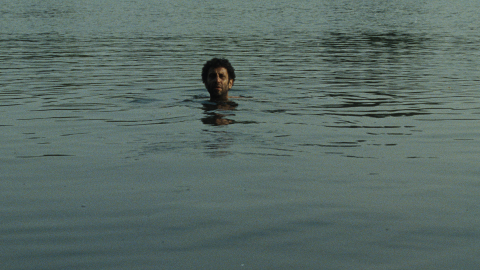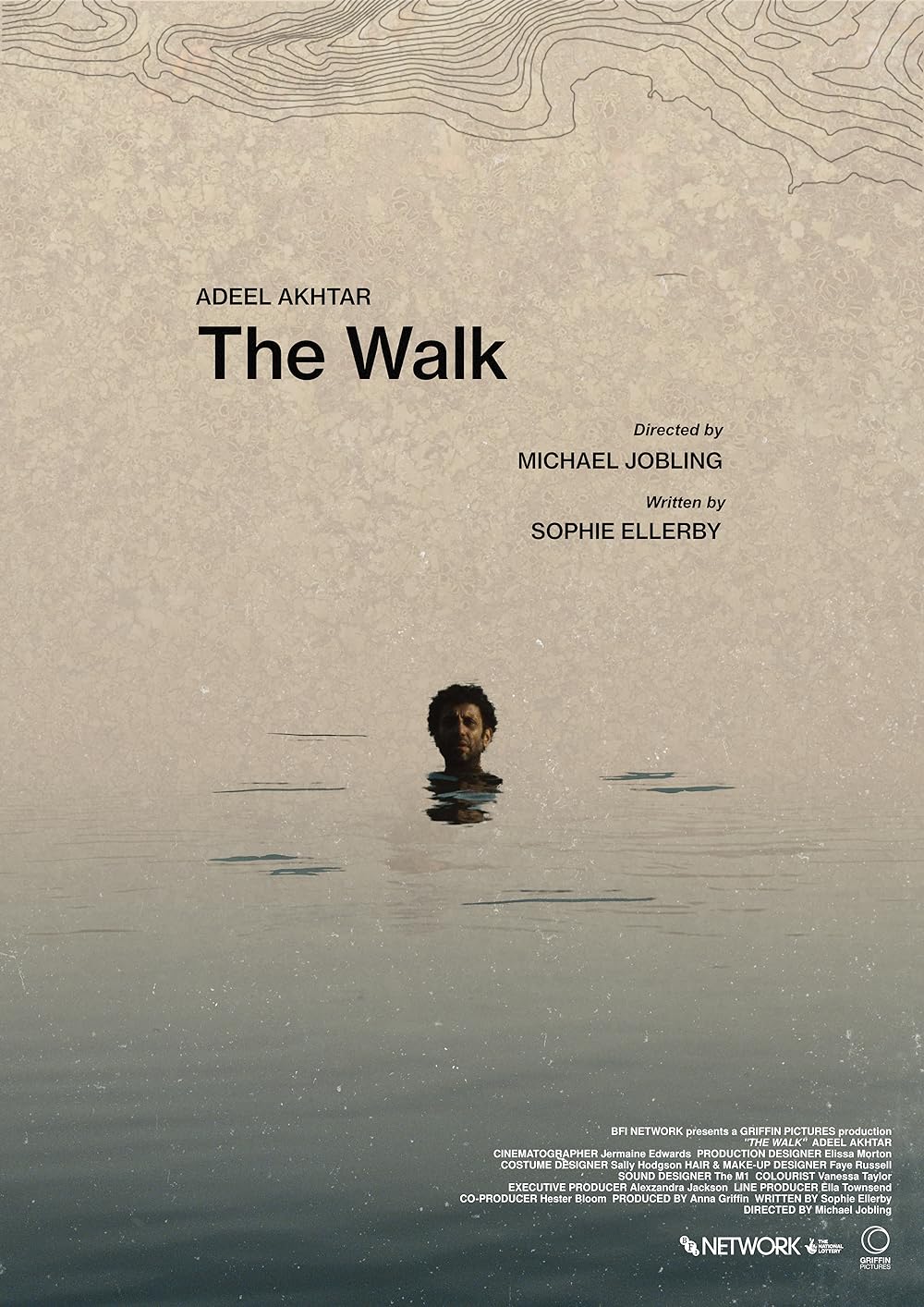Eye For Film >> Movies >> The Walk (2023) Film Review
The Walk
Reviewed by: Jennie Kermode

This intense short by Michael Jobling is one of those films which is likely to be received very differently by different audiences. It focuses on the 24 mile trip, on foot, which Amar (Adeel Akhtar) has to make every Wednesday in order to attend his Job Centre appointments and avoid being sanctioned. People who have never had to use such services often struggle to believe that such scenarios are real. Those who have used them know that such things go on all the time.
There’s a lot here that goes unspoken. The struggle to afford food, rent and bills on what the government provides. The prohibitive cost of bus fares and shortage of useful bus routes. The deep fear of being left destitute as a result of missing an appointment or being late, and the frustration which comes from having a whole day wasted which one might otherwise be using to look for work. The sense that one is not really respected as a human being, exacerbated by the awareness that if one is perceived as failing to cooperate, additional weekly visits could be demanded.

Amar’s walk takes him through the countryside. In other circumstances it might be pleasant, but the heightened sound in the film creates a sense of threat. He feels crushed, overwhelmed, in part due to the extra pressure of a phone call which he has to make. His father is to be cremated the following Wednesday and he has been told that this isn’t a good enough reason for him not to attend the Job Centre. Now he has to try to explain this to his younger brother, who is depending on him, in his new role as head of the family, to lead the mourning.
The film hinges on a drastic act which Amar undertakes, alone in the wilds, to reaffirm his humanity. It’s an almost instinctive thing which Akhtar embodies with real skill, carrying so much tension in his body that it’s only when it’s gone that we can see it isn’t a natural part of him. Jobling uses long grass and trees to occlude our view and hint at hidden dangers, which not only functions as metaphor but also creates the impression of a place which has changed little over the centuries. This in turn draws attention to the anachronism of a man being exhausted and frightened like this, and worried about how he’s going to get enough to eat.
By juxtapositioning these two ideas, Jobling draws attention not just to the cruelty but to the uncivilised nature of a system more interested in the punitive than the productive. Although it may struggle to cut through to those viewers who most need to understand it, it will resonate strongly with those who for whom this is all too familiar.
Reviewed on: 21 Oct 2023
















